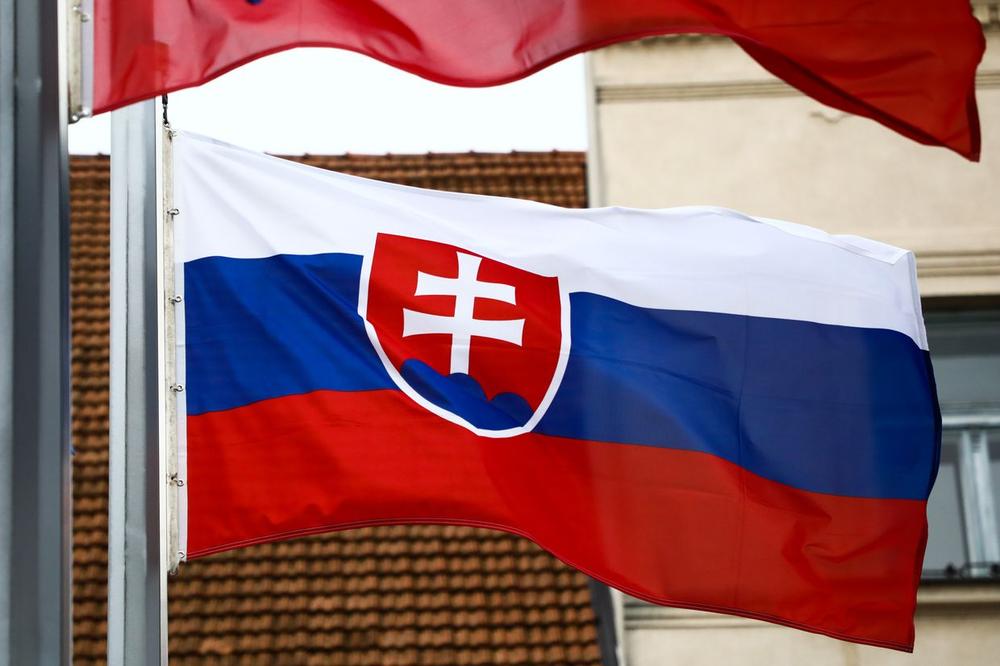Hungary and Slovakia remain among the few European countries still importing Russian oil and gas following Moscow’s full-scale invasion of Ukraine in 2022. Their leaders renewed criticism of the European Union on Sept. 28 over the bloc’s plan to reduce dependence on Russian energy.
Speaking at the 130th anniversary of the Maria Valeria Bridge, which links Sturovo, Slovakia, and Esztergom, Hungary, Slovak Prime Minister Robert Fico said: "No one should tell us where to buy oil and gas from. Because under international law, it is a sovereign country that decides its energy mix.”
He added: “And I share the views of the prime minister of Hungary that the political ideological decision to cut off Europe entirely from the Russian oil and gas will not only harm Hungary and Slovakia the most, but will significantly damage the entire European Union,” according to Euronews.
Hungarian Prime Minister Viktor Orban echoed those concerns, accusing Brussels of pursuing policies that would undermine the region. “Just like the old empires that ruled us, now the European Union has become a war project. Now, when Brussels talks about peace in Europe, it actually means war,” Orban said.
The European Commission announced last week it is preparing to introduce tariffs on Russian oil imports still flowing into the EU via Hungary and Slovakia. The move comes amid growing pressure from U.S. President Donald Trump, who has urged NATO allies to stop buying Russian energy, arguing the war in Ukraine could end if Moscow were cut off entirely.
Both Orban and Fico have opposed rapid moves to phase out Russian energy, citing economic costs and energy security. Budapest says geographical and infrastructure constraints make a transition away from Russian supplies nearly impossible. Critics argue their stance weakens Europe’s collective position against Russia’s war in Ukraine.

 “I just think it’s hilarious”: Jamie Lee Curtis calls out the fact that podcasts now have a video element to them
“I just think it’s hilarious”: Jamie Lee Curtis calls out the fact that podcasts now have a video element to them